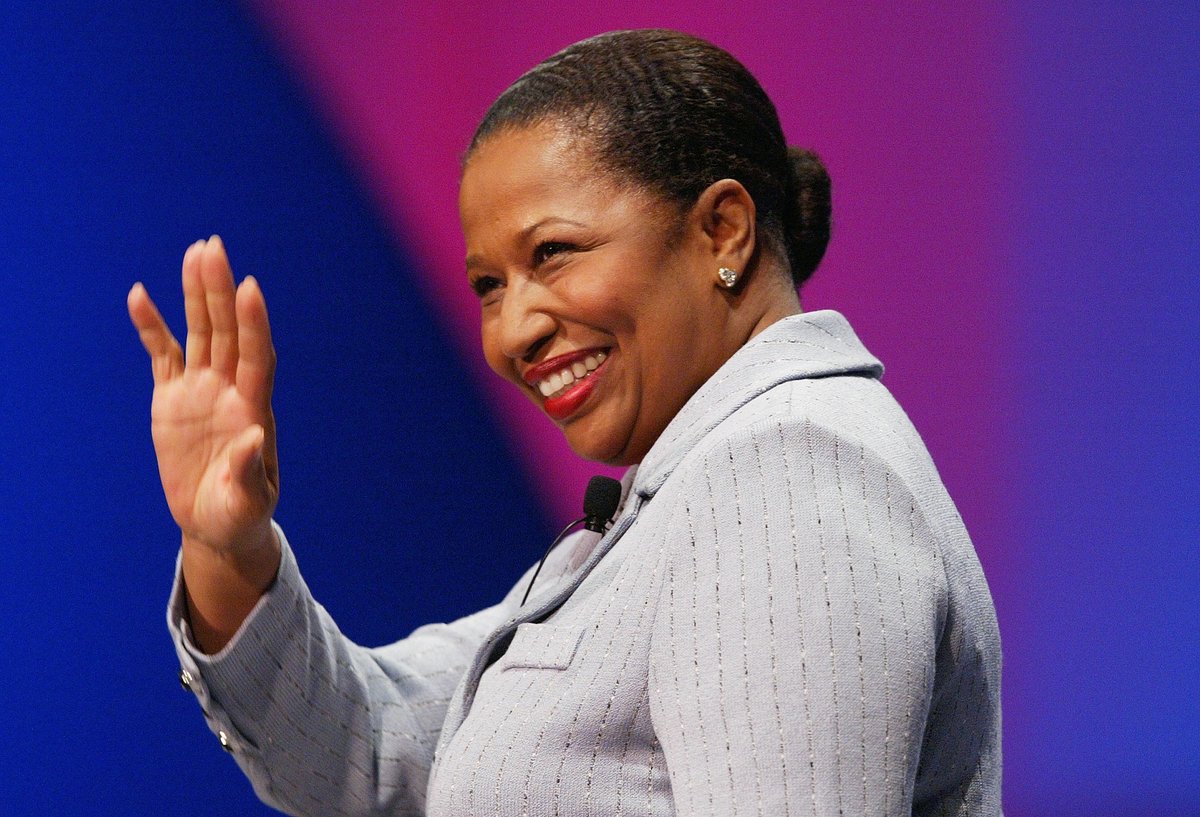
Yesterday was #WorldAIDSDay, established by the United Nations in 1988 to raise awareness about the AIDS epidemic. Since the early 1980s, over 80 million people have contracted HIV, the virus that can cause AIDS. About 40 million have died from it. 1/
who.int/data/gho/data/…
who.int/data/gho/data/…

Here in the U.S., about 1.2 million people are currently living with HIV. It's estimated that around 13% of them--156,000 people--don't know that they have it, and require testing to learn that they do. 2/
hiv.gov/hiv-basics/ove…
hiv.gov/hiv-basics/ove…
About 40% of cases are among Black people, and nearly 25% are among Latinx people--despite those groups making up 31% of the total population. Indeed, it seems that "prevention and treatment are not adequately reaching people who could benefit most." 3/
hiv.gov/hiv-basics/ove…
hiv.gov/hiv-basics/ove…

Vulnerable communities have been overlooked since the first cases of HIV/AIDS among men who had sex with men. President Reagan did not devote significant attention to AIDS before 1987. By then, 23,000 people had already died. 4/
washingtonpost.com/news/arts-and-…
washingtonpost.com/news/arts-and-…
When government responses finally came, they largely overlooked the risks posed to intravenous drug users, preferring to lock them up as part of the War on Drugs. And most of those people locked up were Black and Latinx. 5/
ucsf.edu/news/2021/06/4…
ucsf.edu/news/2021/06/4…
AIDS stigma has even shaped U.S. immigration policy. From 1987 to 2010, the government "restricted immigration ... among people living with HIV even though it was known then, as it is known now, that HIV is not transmissible by casual contact." 6/
healthaffairs.org/do/10.1377/for…
healthaffairs.org/do/10.1377/for…

Last year, over a decade after that restriction was lifted, Donald Trump spread AIDS panic about Haitian immigrants when he said, "Many of those people will probably have AIDS and they're coming into our country and we don't do anything about it." 7/
abc7.com/haitian-migran…
abc7.com/haitian-migran…
We are fortunate to live in a time when having HIV is more manageable than it was in the past, and when we have the life-saving medication, PrEP, that reduces the risk of contraction through sexual contact. 8/ 

However, in September, a Texas judge ruled that employers can deny insurance coverage of PrEP on “religious” grounds, supporting the argument that it "facilitate[s] and encourage[s] homosexual behavior." 9/
rewirenewsgroup.com/2022/11/30/how… reproductive-justice/
rewirenewsgroup.com/2022/11/30/how… reproductive-justice/
It’s considered permissible to put millions at risk of death from viral infection over personal “religious beliefs” which is used as a cover for bigotry these days. But, having experienced the COVID-19 pandemic so far, prioritizing bigotry over public health is the norm here. 10/
If you would like to get tested for HIV in observance of #WorldAIDSDay, you can find a location to do so at this link. 11/11
cdc.gov/hiv/basics/hiv…
cdc.gov/hiv/basics/hiv…

• • •
Missing some Tweet in this thread? You can try to
force a refresh















